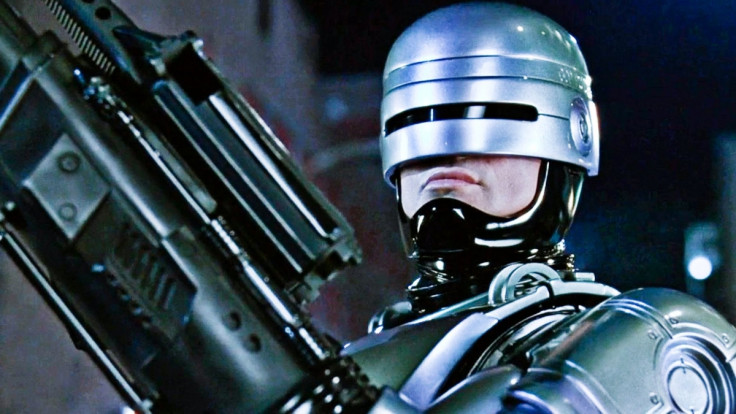Should Killer Robots be Banned in Policing?

The United Nations will debate the use of killer robots for the first time at the UN Convention on Certain Conventional Weapons (CCW) this week, but human rights activists are calling for the robots to be banned.
Human Rights Watch and Harvard Law School's International Human Rights Clinic have published a new report entitled "Shaking the Foundations: The Human Rights Implications of Killer Robots", which calls for killer robots to be banned to prevent a potential arms race between countries.
In policing, as well as war, human judgment is critically important to any decision to use a lethal weapon.
Killer robots, or fully autonomous weapons, do not yet exist but would be the next step after remote-controlled armed drones used by the US military today.
Fully autonomous weapons would have the ability to identify and fire on targets without human intervention, putting compliance with international humanitarian laws in doubt.
"In policing, as well as war, human judgment is critically important to any decision to use a lethal weapon. Governments need to say no to fully autonomous weapons for any purpose and to pre-emptively ban them now, before it is too late," said Steve Goose, arms division director at Human Rights Watch.
Among the problems with killer robots highlighted in the report is the risk of criminal liability for a military officer, programmer or weapons manufacturer who created or used an autonomous weapon with intent to kill.
If a robot killed arbitrarily, it would be difficult to hold anyone accountable.
It would also be difficult for a robot to judge how much force should be used on the battlefield. Judgment relies on the human capacities of reason and reflection to interpret information and formulate an opinion.
Article 1 of the Universal Declaration of Human Rights states: "All human beings ... are endowed with reason and conscience and should act towards one another in a spirit of brotherhood."
Police officers have to weigh up factors when prosecuting a crime, such as the perpetrator's mental state, background and demands, meaning the degree of force varies from case to case.
Without human characteristics such as compassion and the ability to identify with other people, robots could contravene the right to life and undermine law enforcement, say critics.
Governments need to listen to the experts' warnings and work with us to tackle this challenge together before it is too late.
"Proponents of fully autonomous weapons might argue that technology could eventually help address the problems identified in this report, and it is impossible to know where science will lead," the report states.
Last year, over 270 artificial intelligence experts, roboticists and scientists from 37 countries signed an open letter calling for the development and deployment of autonomous robot weapons technology to be prohibited.
"Governments need to listen to the experts' warnings and work with us to tackle this challenge together before it is too late," said Professor Noel Sharkey, Chair of the International Committee for Robot Arms Control (ICRAC).
"It is urgent that international talks get started now to prevent the further development of autonomous robot weapons before it is too late."
© Copyright IBTimes 2025. All rights reserved.





















